Whilst the rise of artificial intelligence has been a long time in the works, the year of 2023 saw AI in the form of Generative AI explode into the mainstream. As it continues to rise and grow in stature, could the technology lead to an industry meltdown and cause a financial crisis?
In the view of Chris Caruana, head of strategy of Hawk:AI, while AI may play some role in such a crisis – it will be caused by humans in general.
He said, “A good carpenter never blames their tools, and blaming AI makes a salacious headline. If we are negligent in our care of how we utilize AI in our financial day-to-day acumen and network, then careless humans lead to careless outcomes. It is simple to blame the software for it, but that’s just passing blame on from the owner.”
Caruana gave an example of the common Terminator Skynet analogy, where its commonly believed we are going to build our own demise. “I think if we exercise proper duty of care in how we employ AI, I don’t see it as a general concern. We humans fear what we don’t understand, so I think we’re still trying as a collective group to find light through the darkness of AI – as we know there’s something there that can be evolutionary in how we go about leading our daily lives.”
When it comes to the development of AI, Caruana believes that the industry shouldn’t ‘blackbox’ AI development to just the developers themselves, but to a wider open-source community who can touch it and poke holes into it to make sure its being developed in a way that isn’t harmful to the financial ecosystem.
He said, “The challenge that you always face is that bad actors are bad actors, and they’re not going to make it easy or make it open-source. The good thing here is that you’ve found a risk parameter. Right now, my risk and my awareness and my senses should be heightened, and as a collective group, we should be asking why. If they can’t provide a good answer for that as a collective group, we should reject that idea and should reject the application of that technology into our daily lives.”
Greater volatility
The financial sector has been a hub of digital innovation for numerous decades now, and the introduction of Generative AI is merely another step on the ladder of continued innovation. George Markides, senior manager, compliance support department at MAP FinTech, imparted the example that 30 years ago major stock exchanges trading floors were teeming with people who would shout orders to purchase and sell securities on behalf of their clients. Through technology, this environment has changed markedly.
As we push through the 2020’s, the technological developments in the financial market are continuing at a rapid speed. Markides gave the example that some companies have made available to the investing public software such as robot advisors – with the software likely to become more available as AI applications widen.
He added, “The permeation of AI software and algorithmic trading to a wider audience may have an adverse impact on financial markets, such as exacerbating volatility in the markets and with the integration of the financial system transmit said volatility across the world.”
Markides remarked that in the last decades, the industry has experienced crashes that were exacerbated by algorithms reacting in tandem to evolving market conditions such as the flash crash of 2010, when a lone trader using algorithms managed to inflict major disruptions in the derivatives markets of the US.
He continued, “The lone trader’s actions were amplified by other market participants’ algorithmic systems reacting to the trades. In 2012, the infamous incident with Knight Capital Group where a software engineer unleashed a faulty code that led to the disruption of major stock exchanges, as with the 2010 Flash Crash, algorithmic software from other market participants reacted to the anomalies exacerbating the disruption. In the end, Knight Capital took a hit of 440 million USD. In both cases, stock market operators took affirmative action to undo the damage.”
Despite this, Markides believes that this does not imply AI and machine learning will render financial markets a dystopian landscape. “The use of AI may bring about improvements in achieving best execution of orders as well as promote market liquidity and asset pricing but may also exacerbate volatility and cause disruptions, which may evolve into full-blown financial crises. Nevertheless, stock market operators and regulators can implement measures and take actions to either prevent or undo the adverse effects of such rogue algorithms,” he said.
The next step of evolution
In the view of Emil Kongelys, chief technology officer at Muinmos, AI is here to stay and its introduction should not be seen as a way to make humans redundant, potentially creating a financial crisis – it is instead a way to enhance and improve what we create.
He said, “It is evolution as humans have always done. When the industrial revolution happened it did not mean fewer jobs, it actually created more jobs and opportunities, and improved the lives of many.
“At Muinmos we have incorporated AI from day one. Our core system acts and learns from available information, enabling it to keep up with regulatory changes across the globe. It does not eliminate the need for humans, it empowers them by providing them with comprehensive data and powerful decisioning tools at their fingertips.”

